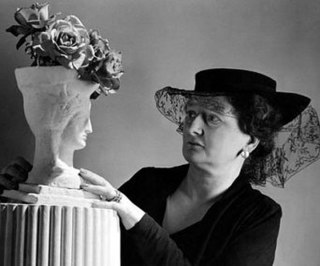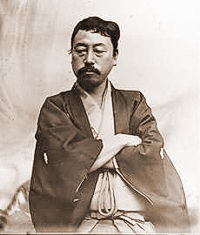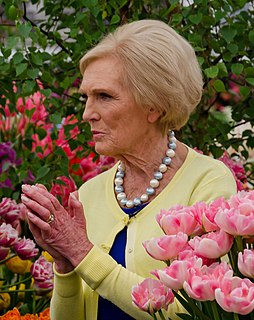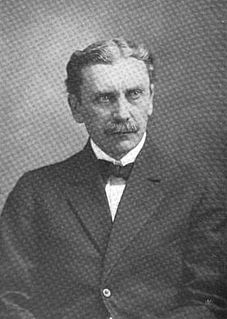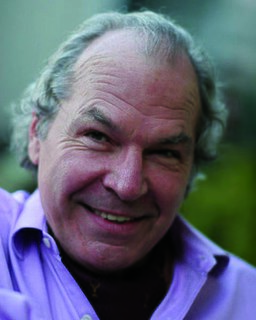A Quote by Henry James
There are few hours in life more agreeable than the hour dedicated to the ceremony known as afternoon tea.
Related Quotes
Speaking of earning, the revered 40-hour workweek is for losers. Forty hours should be considered the minimum, not the maximum. You don't see highly successful people clocking out of the office every afternoon at five. The losers are the ones caught up in that afternoon rush hour. The winners drive home in the dark.
I don't know if I can face this. You know. The party and the ceremony, and then the hour after that, and the hour after that." "You don't have to go to the party. You don't have to go to the ceremony. You don't have to do anything at all." "But there are still the hours, aren't there? One and then another, and you get through that one and then, my god, there's another. I'm so sick.
The tea ceremony requires years of training and practice ... yet the whole of this art, as to its detail, signifies no more than the making and serving of a cup of tea. The supremely important matter is that the act be performed in the most perfect, most polite, most graceful, most charming manner possible.
America's new tea lovers are the people who have forced the tea trade to wake up. Elsewhere, tea has meant a certain way, a certain tradition, for centuries, but this is America! The American tea lover is heir to all the world's tea drinking traditions, from Japanese tea ceremonies to Russian samovars to English scones in the afternoon. India chai, China green, you name it and we can claim it and make it ours. And that's just what we are doing. In this respect, ours is the most innovative and exciting tea scene anywhere.
We say that the hour of death cannot be forecast, but when we say this we imagine that hour as placed in an obscure and distant future. It never occurs to us that it has any connection with the day already begun or that death could arrive this same afternoon, this afternoon which is so certain and which has every hour filled in advance.
The artist who gives up an hour of work for an hour of conversation with a friend knows that he is sacrificing a reality for something that does not exist (our friends being friends only in the light of an agreeable folly which travels with us through life and to which we readily accommodate ourselves, but which at the bottom of our hearts we know to be no more reasonable than the delusion of the man who talks to the furniture because he believes that it is alive.).



